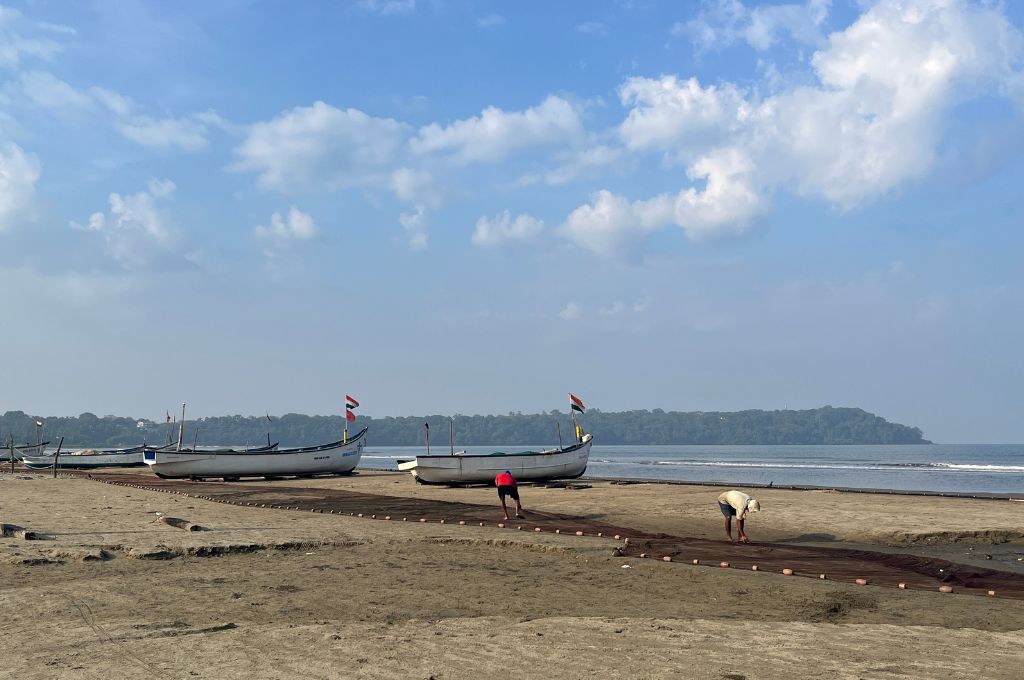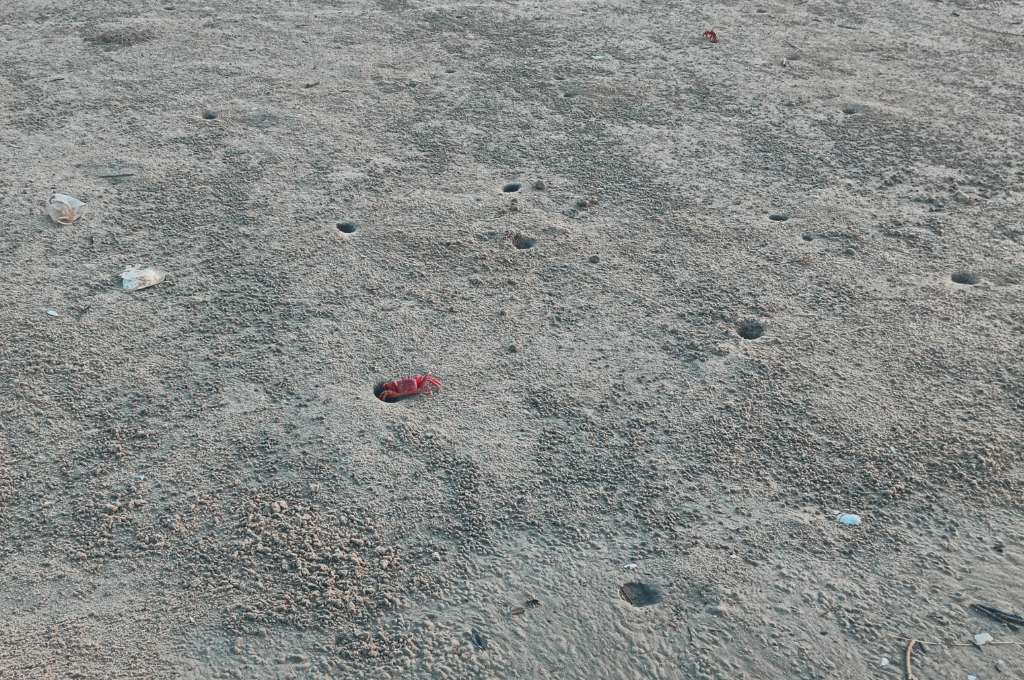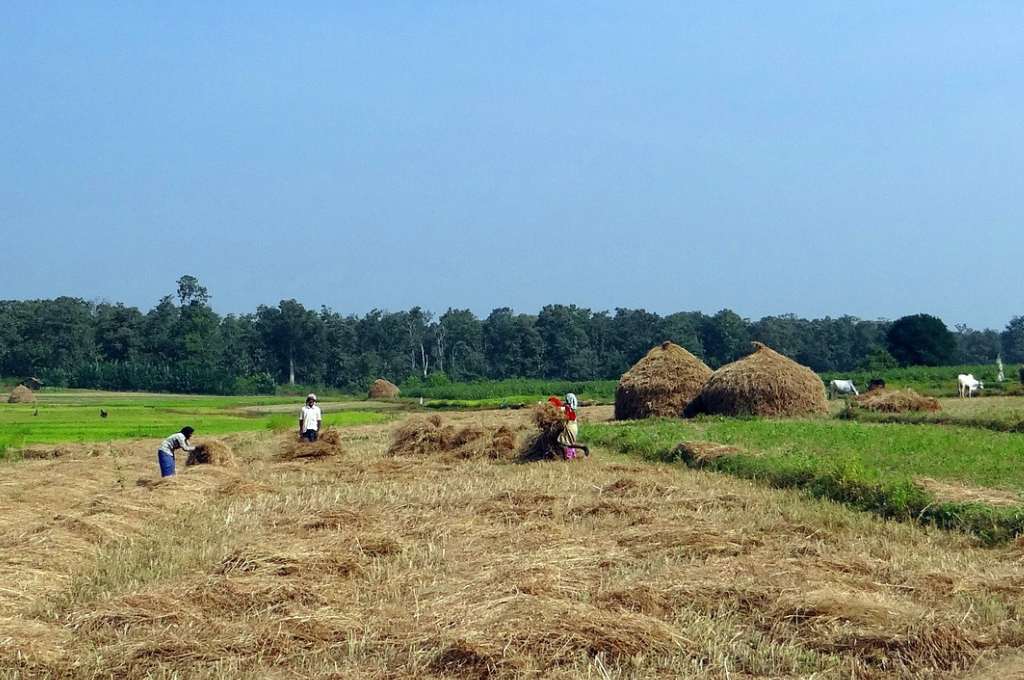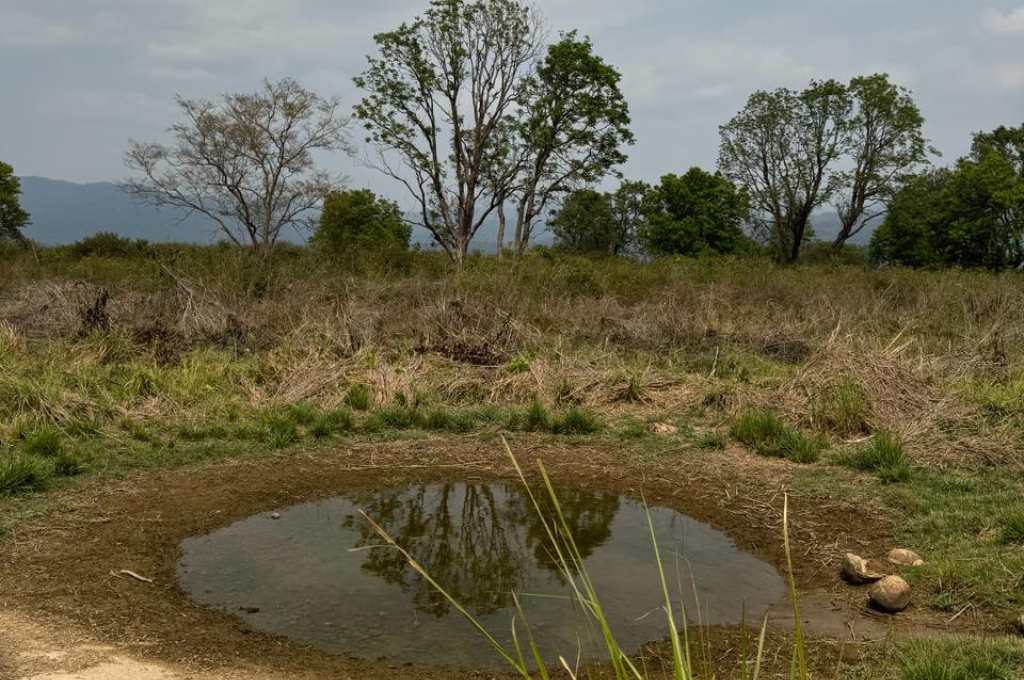READ THIS ARTICLE IN
The cost of water: Borewell economy in Rajasthan
Daya Devi is a farmer from Choroti Pahar village in Rajasthan’s Alwar district. Like some other landowning farmers in her village, she has a borewell installed on her land. It irrigates her farm and provides water to her family, and acts as an additional source of income because she rents out water at INR 150 per hour to the smallholder farmers in her area who don’t have borewells of their own.
She thinks it is a fair deal. Daya says, “Borewell owners pay the electricity bills incurred from running it and also bear the expenditure for its maintenance. Those buying water get to irrigate their farms [without the extra hassle].”
Her family has had a borewell for more than two decades now. In this period, Daya has seen groundwater levels reduce. She says, “There’s lesser rain every year. We used to get water at 200 ft from the ground; now we have to dig up to 500 ft to find water.”
There are some alternatives such as drip irrigation, for which you need a water tank installed on your land. Daya says, “Drip irrigation is the future. If you install a 1,000-litre tank on your land and use it to irrigate the farm, it is cheaper than using a direct pipe connected to a borewell that takes about 12 hours to irrigate one bigha.”
Daya Devi is a farmer and member of a self-help group supported by Ibtada, a nonprofit based in Alwar.
—
Know more: Read more about how rural Rajasthan is learning to save water through a groundwater game.



